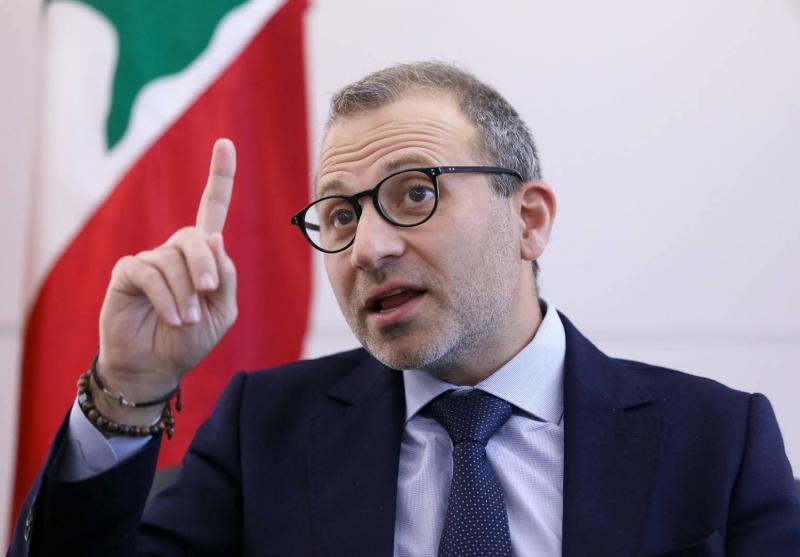President Michel Aoun is eager to conduct consultations on forming a government with Prime Minister-designate Najib Mikati, hoping to persuade him to finalize the cabinet lineup before the end of his presidential term. However, the prime minister-designate is not accommodating Aoun's aspirations; instead, he is comfortable slowing down the process according to his own timing and calculations, particularly since he has secured the designation and is unbothered by the continued operation of the caretaker government, which he activates.
Following a media dispute between advisors to the presidency and the premier regarding the leaked initial draft submitted by Mikati to Aoun, the president hastened to "summon" the prime minister-designate. It is also expected that the president will invite him to a third meeting soon to reopen discussions on the proposals Mikati submitted during their last encounter. However, if matters were left to Mikati's timing, he would prefer to create a significant gap between meetings. Close associates of Mikati deny that a new meeting has been scheduled for this coming Monday.
Nevertheless, Mikati, who is adept at navigating complexities, favors a non-confrontational approach rather than engaging in conflicts or complaining, as Saad Hariri had done previously when clashing with Aoun over government formation. The caretaker prime minister deliberately aims to bypass these sensitivities, separating his relationship with Aoun from the interventions of Gebran Bassil.
For this reason, Mikati’s close associates candidly state that Aoun expressed his annoyance during the last session regarding the leak of the draft, especially since it included "observations" that Aoun had personally noted, such as question marks next to the names of the interior and energy ministers indicating his dissatisfaction with the proposals regarding them, and an "x" next to the foreign minister's name reflecting his refusal to allow Abdullah Bou Habib to remain in that position. There was also a remark next to the name of the information minister, Ziad Makary, possibly linked to the outcomes of the recent parliamentary elections.
This indicates that the first obstacle in the formation process remains mirroring the first round of discussions Mikati engaged in after Saad Hariri’s withdrawal, regarding the energy portfolio which the "Free Patriotic Movement" refuses to relinquish, while Mikati fights to include it in his share, hoping to make some minimal breakthrough on this sensitive issue.
What do you think of this idea?
Information suggests the second meeting between Aoun and Mikati resembled a brainstorming session, where the president put forth some suggestions in the form of, "What do you think of this idea?" However, the essence of this brainstorming centered on a specific proposal: the "Free Patriotic Movement" obtaining the interior portfolio under the pretext of a share for the president, in exchange for the energy portfolio. This is the same scenario previously explored by Aoun and Mikati during their initial government formation efforts.
The Aounists have found themselves confused and circled the issue under the banner of "rotation" of portfolios, confident that the Shiite duo will not give up the finance minister role. They attempted to pressure the prime minister into relinquishing the interior portfolio, fully aware that Mikati is also unlikely to do so due to traditional Sunni resistance to relinquishing this position.
Today, the scenario repeats itself: "interior in exchange for energy." However, the irony lies in the fact that the Aounists do not have the luxury of time for maneuvering to exhaust the prime minister-designate into giving up energy. Mikati is currently acting with considerable ease, while support around him is renewed, whether from House Speaker Nabih Berri or Progressive Socialist Party leader Walid Jumblatt, who does not hesitate to raise contradictory banners: "not participating in the government" and "facilitating the formation of a government."
Based on the above, it is likely that the prime minister's response during the third round of meetings with the president will involve further brainstorming to discuss aspects of the government's composition. The first signals of playing in stoppage time came from Diman, where Mikati met with Maronite Patriarch Bechara al-Rahi and affirmed that he “has no objection to modifying any name or person in the government, but no team can demand while holding back trust and imposing conditions.” This means that the demands of the Aounists are entirely rejected.




